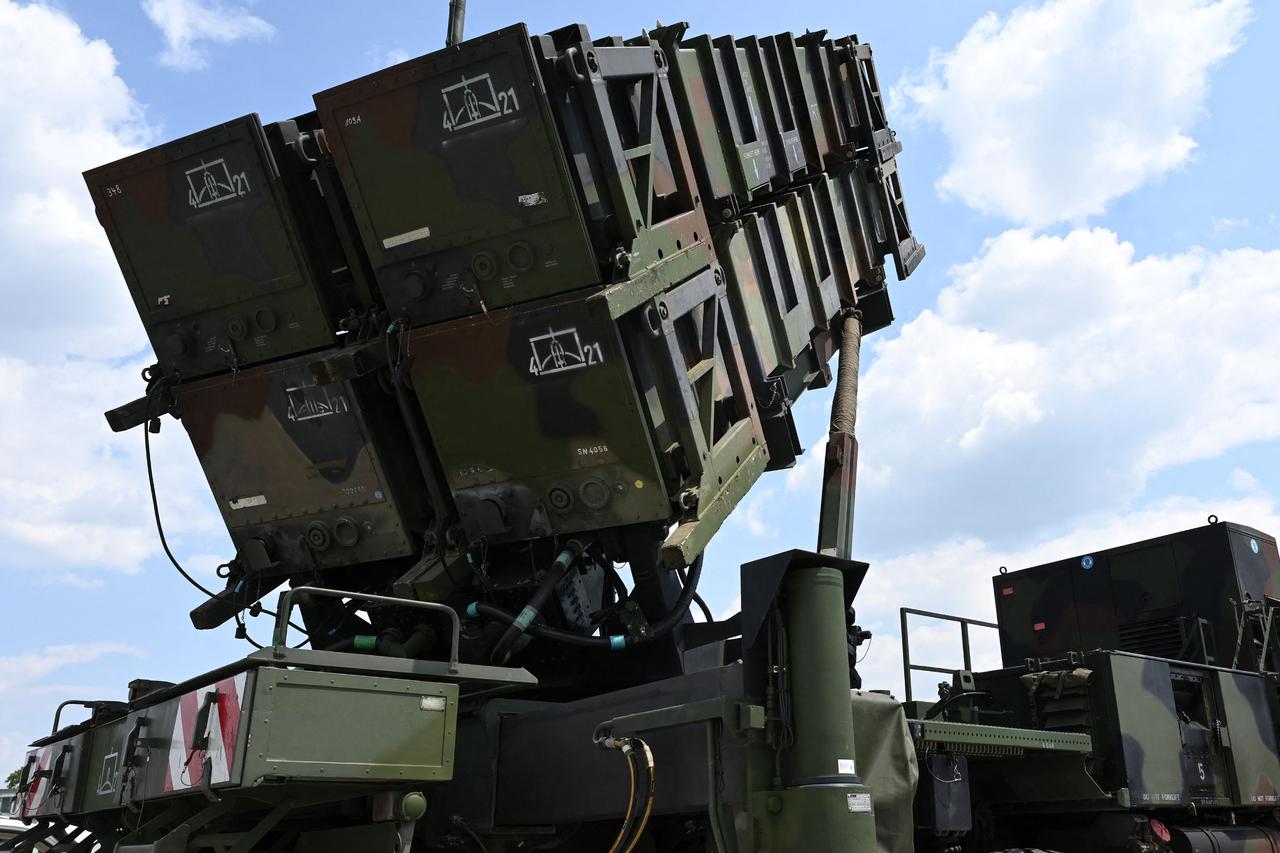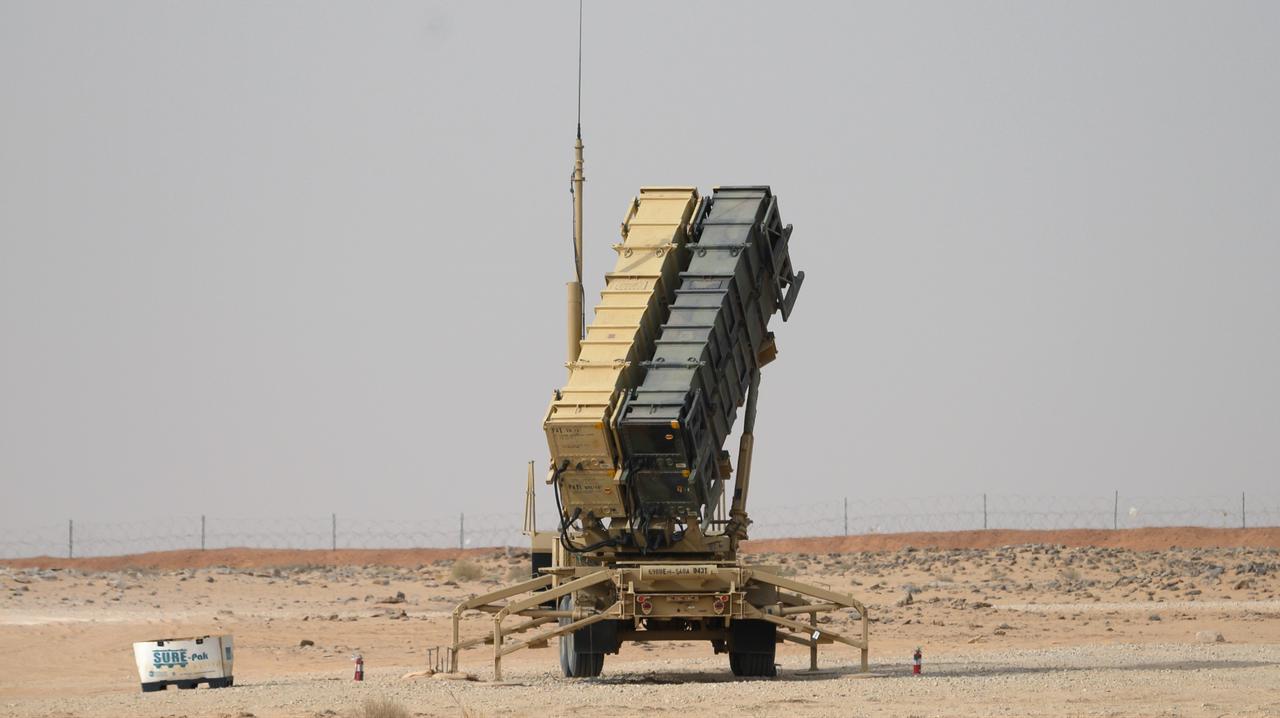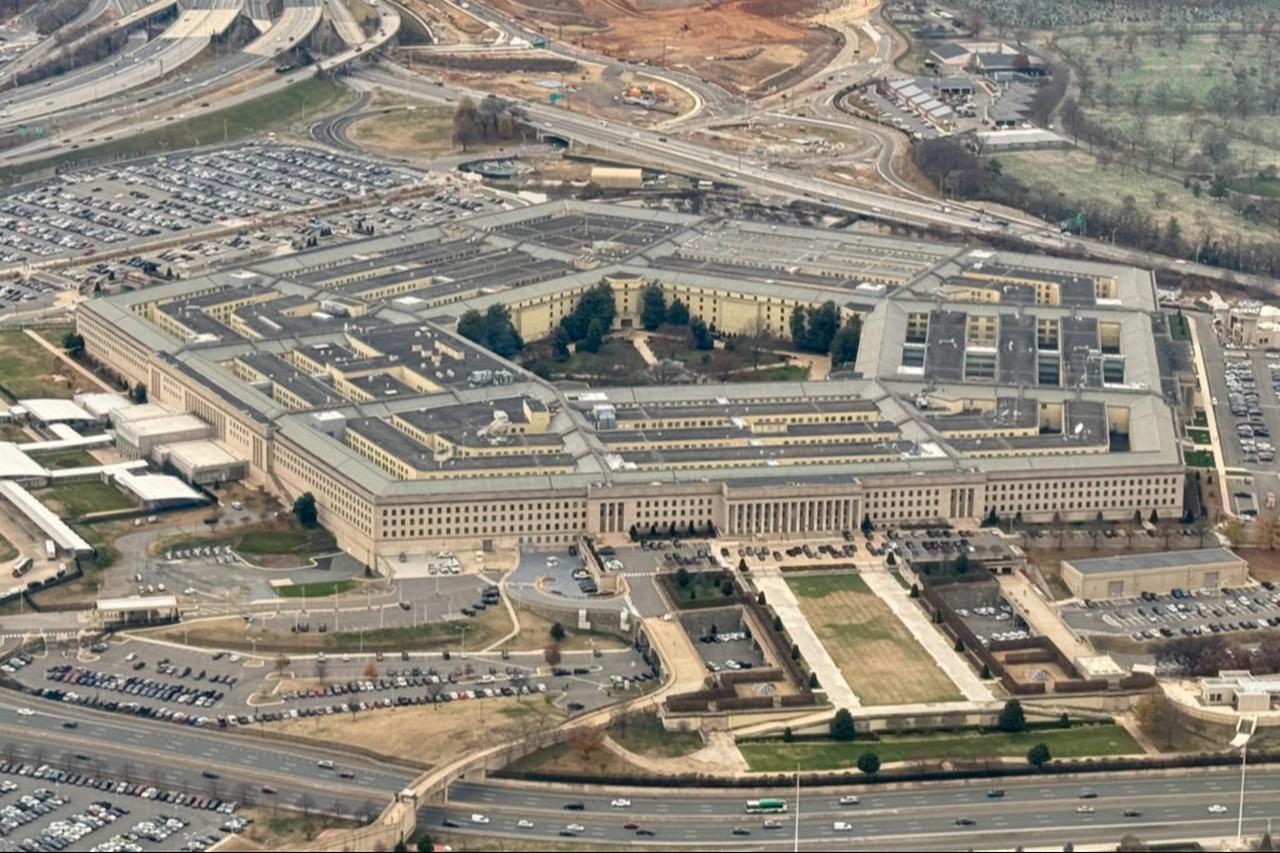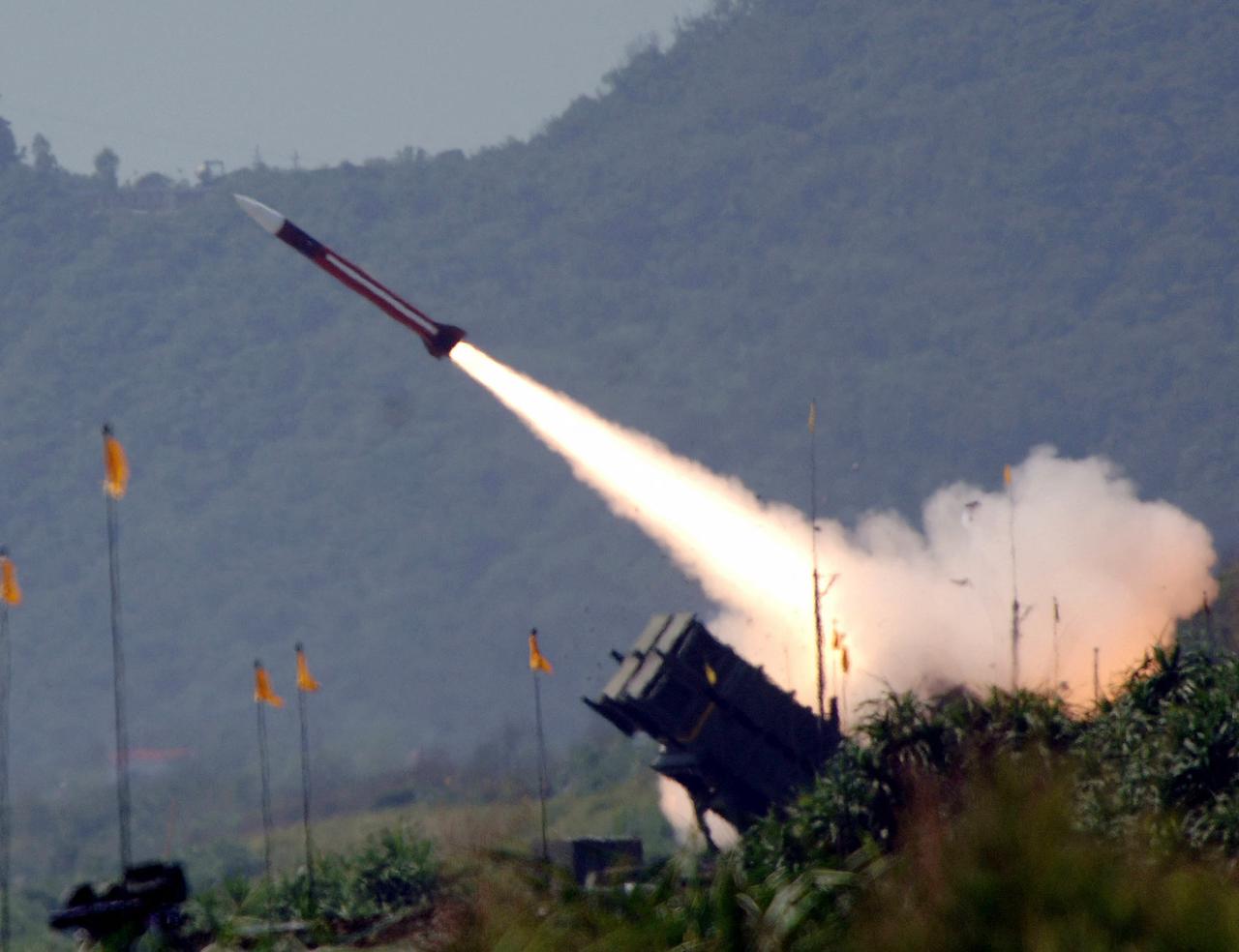
The Pentagon is pushing U.S. missile manufacturers to double or quadruple production rates of 12 critical weapons systems to prepare for a potential conflict with China.
Meanwhile, Beijing simultaneously cracks down on attempts to smuggle strategic minerals used in defense manufacturing out of the country, according to reports from The Wall Street Journal (WSJ) and Chinese state media.
Deputy Defense Secretary Steve Feinberg is leading the Munitions Acceleration Council, calling company executives weekly to discuss ramping up production on an aggressive timeline, according to people familiar with the matter, who spoke to the WSJ.
The June roundtable at the Pentagon, attended by Defense Secretary Pete Hegseth and Gen.
Dan Caine, Chairman of the Joint Chiefs of Staff, brought together executives from established weapons manufacturers and new entrants, such as Anduril Industries, along with suppliers of critical components.
"President Trump and Secretary Hegseth are exploring extraordinary avenues to expand our military might and accelerate the production of munitions," Pentagon spokesman Sean Parnell said.
"This effort has been a collaboration between defense industry leaders and senior Pentagon officials," he noted.

The Pentagon wants manufacturers to increase production to 2.5 times current volumes within 6, 18 and 24 months, according to documents reviewed by the Journal.
The focus includes Patriot interceptors, Long Range Anti-Ship Missiles, Standard Missile-6, Precision Strike Missiles and Joint Air-Surface Standoff Missiles.
For Patriot missiles specifically, the Pentagon aims to produce nearly 2,000 units annually—almost four times the current rate. The Army awarded Lockheed Martin nearly $10 billion in September to manufacture that many PAC-3 missiles from fiscal year 2024 to 2026.
"Companies don't build these things on spec," said Tom Karako, a munitions expert at the Center for Strategic and International Studies.
"You wait for the government to put them on contract. There needs to be an expression of support with money. It can't just be words."
Army Secretary Daniel Driscoll said the Pentagon is planning "massively substantive changes to how we buy our stuff" to increase production capacity.

Christopher Calio, chairman and CEO of Raytheon parent RTX, wrote in a July 3 letter that the company was ready to increase production but would need additional funding and purchase commitments from the Pentagon.
"Signaling the demand strength of these critical munitions to the supply base with Program of Record extensions...and funding to support is required," he wrote.
Individual missiles can take two years to fully assemble, and qualifying weapons from new suppliers can take several months and hundreds of millions of dollars.
The Trump administration's Big, Beautiful Bill provided an additional $25 billion in five-year munitions funding, but analysts estimate meeting the Pentagon's targets would cost tens of billions more.
The effort is mapping supply chains to identify bottlenecks. Boeing is expanding production of seekers for Patriot missiles, recently completing a 35,000-square-foot factory expansion that's being equipped with new assembly equipment.
"The current conflict in Ukraine has been a wake-up call," former Undersecretary of Defense Bill LaPlante said in 2023.
"We've allowed production lines to go cold, watched as parts became obsolete, and seen sub-tier suppliers consolidate or go out of business entirely."

Meanwhile, China's Ministry of State Security warned that foreign countries are attempting to smuggle export-controlled critical minerals like antimony out of the country, threatening national security.
The ministry detailed two cases on its WeChat account involving eight suspects arrested for attempting to smuggle antimony ingots.
In one case, a Chinese family's three members allegedly established a shell company to finance domestic production and smuggle the mineral abroad.
Another case involved antimony hidden in legally declared scrap metal shipments.
Antimony is widely used in high-performance weapons systems and defense equipment manufacturing.
China restricted exports of gallium, germanium, and antimony to the United States in December 2024, responding to U.S. chip sector restrictions.
The ministry stated that export controls, mining policies and declining ore quality have increased international prices for critical minerals, creating price gaps between domestic and global markets that incentivize illegal smuggling operations, threatening China's reserve security.